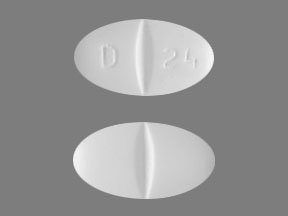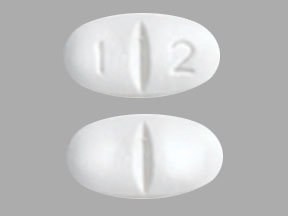Gabapentin may cause constipation, but it is not a common side effect. In clinical trials of adults taking gabapentin for nerve pain, only about 4% of people reported constipation.

Who may not be able to take gabapentin
Gabapentin is not suitable for some people.
To make sure it’s safe for you, tell your doctor if you:
-
- have ever had an allergic reaction to gabapentin or any other medicine
- have ever misused or been addicted to a medicine
- are trying to get pregnant or are already pregnant
- are on a controlled sodium or potassium diet, or your kidneys do not work well (gabapentin liquid contains sodium and potassium, so speak to your doctor before taking it)
Some people in these trials took an inactive medicine (placebo). About 2% of people taking a placebo also reported constipation, so the actual percentage of people with constipation while taking gabapentin is probably less than 4%.
In clinical trials of people aged 12 and over taking gabapentin for seizure disorder, about 2% reported constipation as a side effect. Out of people taking a placebo, 1% also reported constipation.
In the clinical trials of gabapentin to treat nerve pain in adults, the most common side effects were:
- Dizziness
- Sleepiness
- Swelling in the hands or feet (peripheral edema)
In clinical trials of people older than 12 taking gabapentin to treat a seizure disorder, the most common side effects were sleepiness and clumsiness (ataxia).
Thoughts of death or suicide is another rare but important side effect of gabapentin, occurring in about 1 in 500 people. These thoughts can happen within one week of starting gabapentin. Call your doctor right away if you have any unusual changes in mood or behavior, or any of these symptoms:
- Thoughts about suicide or dying
- Suicide attempt
- Depression, new or worsening
- Anxiety, new or worsening
- Panic attacks
In 2019, the U.S. Food and Drug Administration (FDA) added another important warning about gabapentin: When this drug is taken with opioid pain medication or used by a person with chronic lung disease like chronic obstructive pulmonary disease (COPD), it may cause severe and possibly fatal difficulty breathing (respiratory depression). Before starting gabapentin, let your doctor know if you are taking any opioid drug, or if you have been diagnosed with a lung disease.
Even if you have side effects from gabapentin, it is important not to stop taking it suddenly on your own. This medication must be reduced over time (tapered) by your doctor. Stopping suddenly can lead to withdrawal symptoms such as:
- Anxiety
- Insomnia
- Nausea
- Pain
If you are taking gabapentin to control seizures, stopping suddenly may increase your risk of a seizure.




